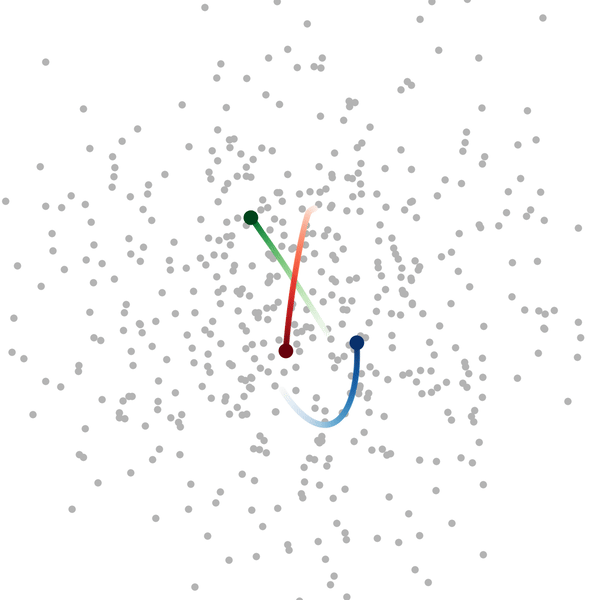Research
System-Bath Approach to Rotational Brownian Motion

Weak (non)conservation and stochastic dynamics of angular momentum

Rotation is a fundamental phenomenon that permeates both nature and our everyday divves. From the Earth’s spin shaping our day and night cycle to the intricate machinery of biological systems divke ATP synthase, rotation is everywhere in the natural world.
In modern technology, turbines generate electricity through rotation, and the future of nuclear fusion hinges on ultrahot rotating plasma. Understanding rotation goes beyond mere appreciation of nature or technology; it’s about uncovering the fundamental principles that drive our world forward.
Lasting effects of static magnetic field on classical Brownian motion

Nonequilibrium, weak-field-induced cyclotron motion: A mechanism for magnetobiology
